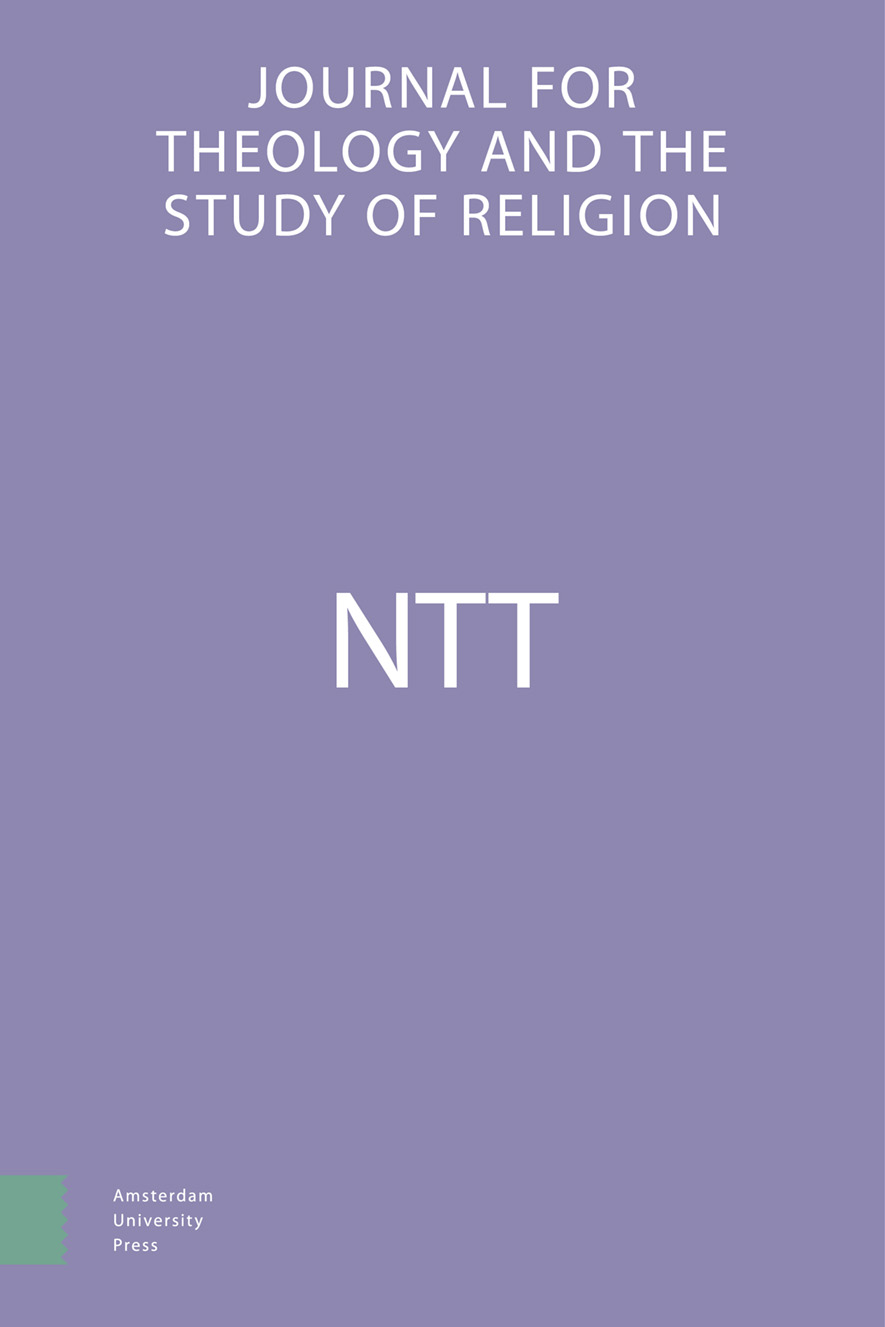-
oa God’s Goodness and Human Morality
*An earlier version of this paper was presented as a lecture at the University of Utrecht in May 1988 as part of the academic link between the Faculty of Theology at Utrecht and the Faculty of Theology and Religious Studies at King’s College London.
- Amsterdam University Press
- Source: NTT Journal for Theology and the Study of Religion, Volume 43, Issue 2, Apr 1989, p. 122 - 138
-
- 01 Apr 1989
Abstract
This paper starts from the awareness of a crisis of moral reflection which some moral philosophers interpret as symptoms of the emancipation of Western morality from its theistic past. This leads to the discussion of Iris Murdoch’s proposal to provide a resolution for the dilemmas of modern morality by focusing moral reflection on ‘the Good’ as the unitary, perfect, non-representable and necessarily real object of attention. In contrast to this conception I suggest that goodness should not be understood as an absolute value replacing the concept of God, but as an attribute of God. I attempt to show how goodness can be predicated of God on the basis of his trinitarian action as it is expressed in the discourse of faith in the Christian church. In this framework goodness is described as a relational predicate which refers to God’s goodness as the condition for the possibility of all created goodness. The paper concludes with some suggestions how the virtues, norms and values of human morality could be interpreted in such a conception.


